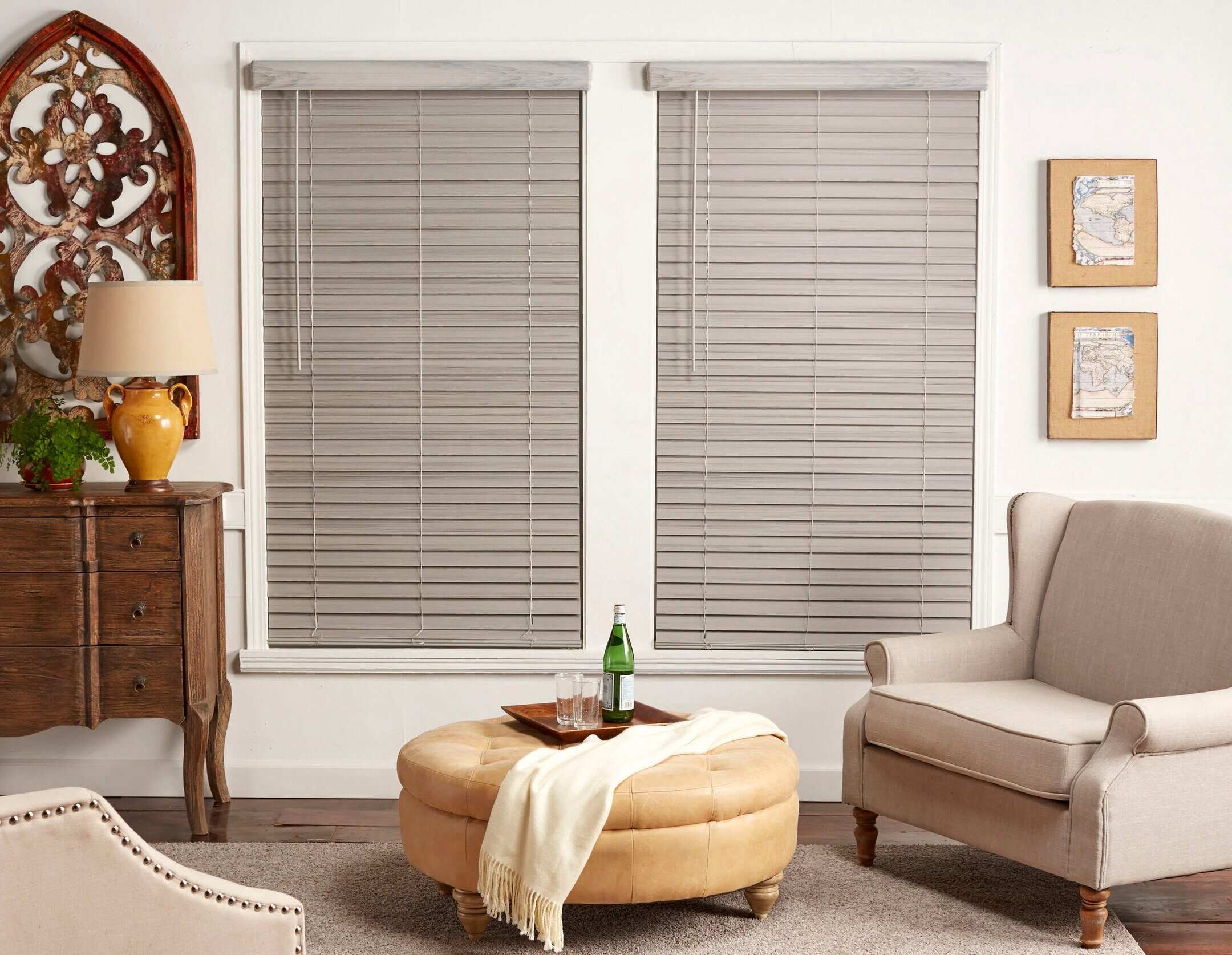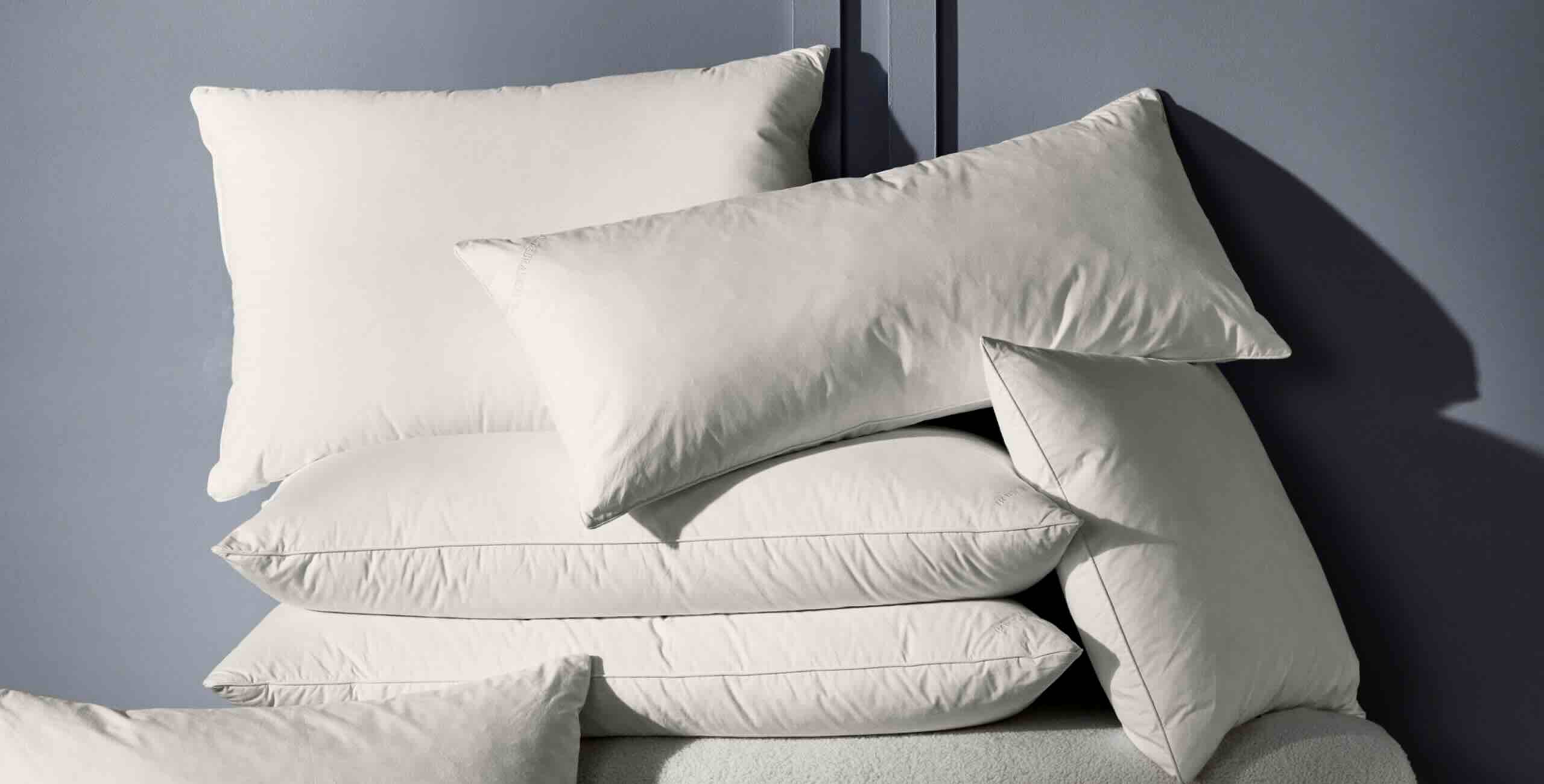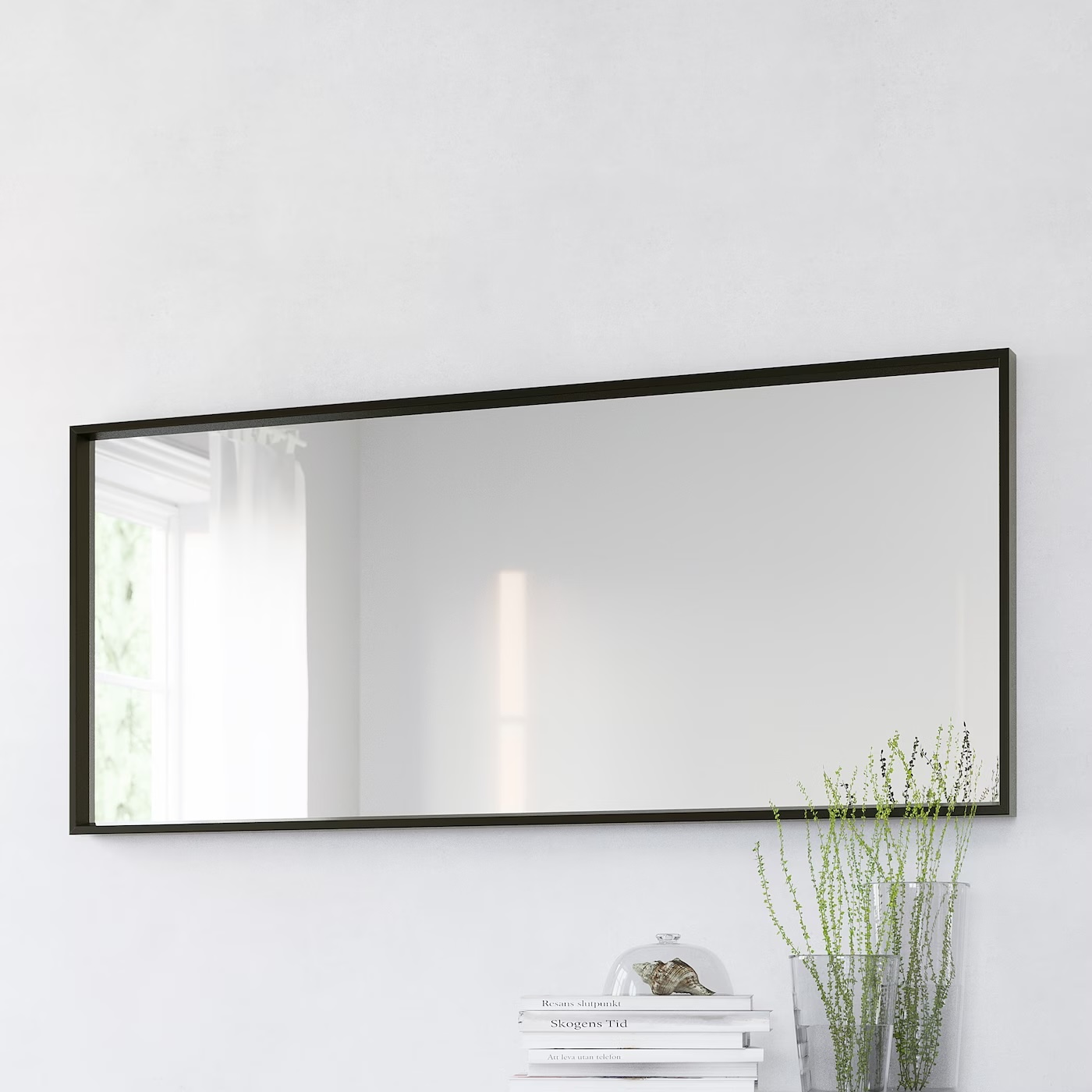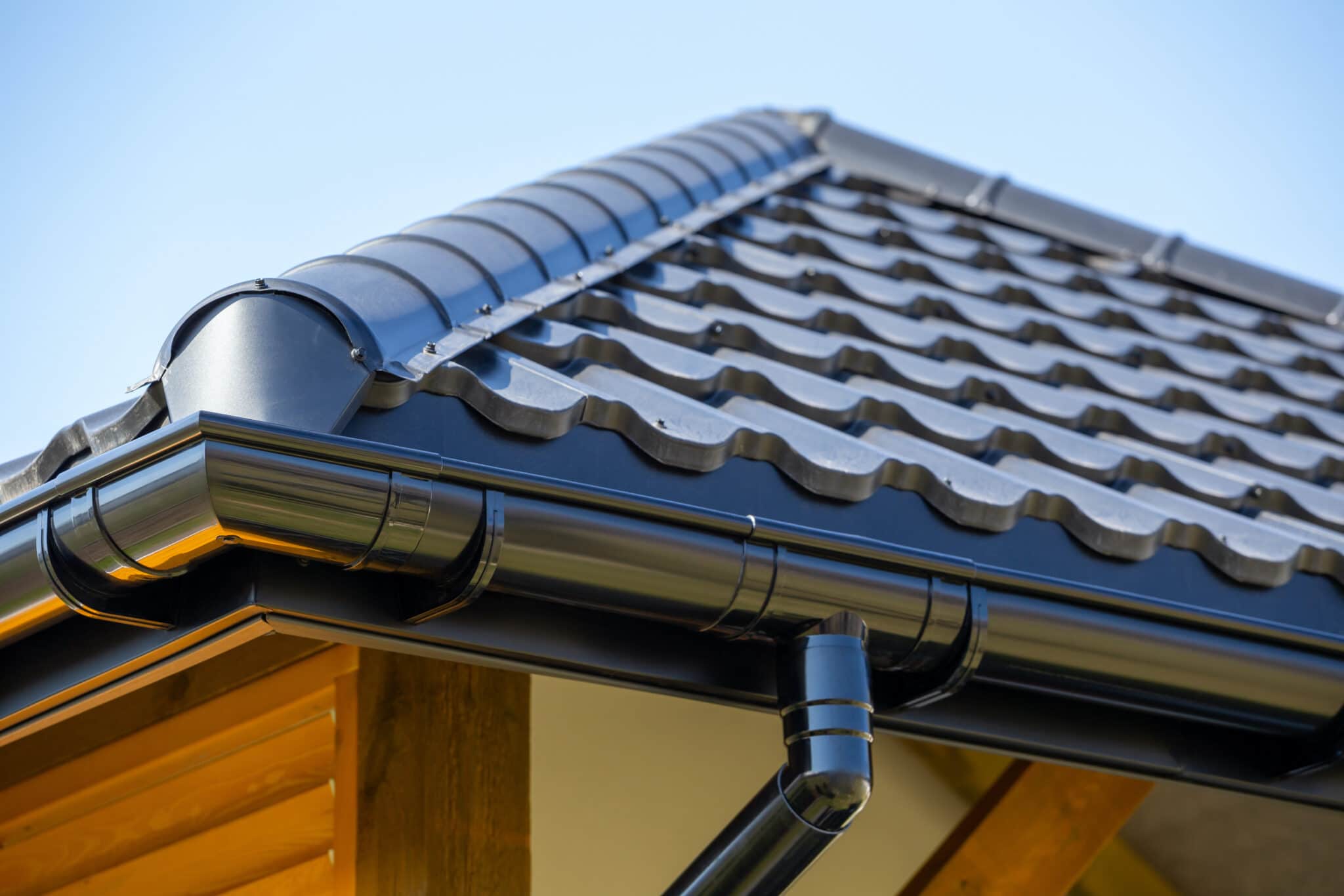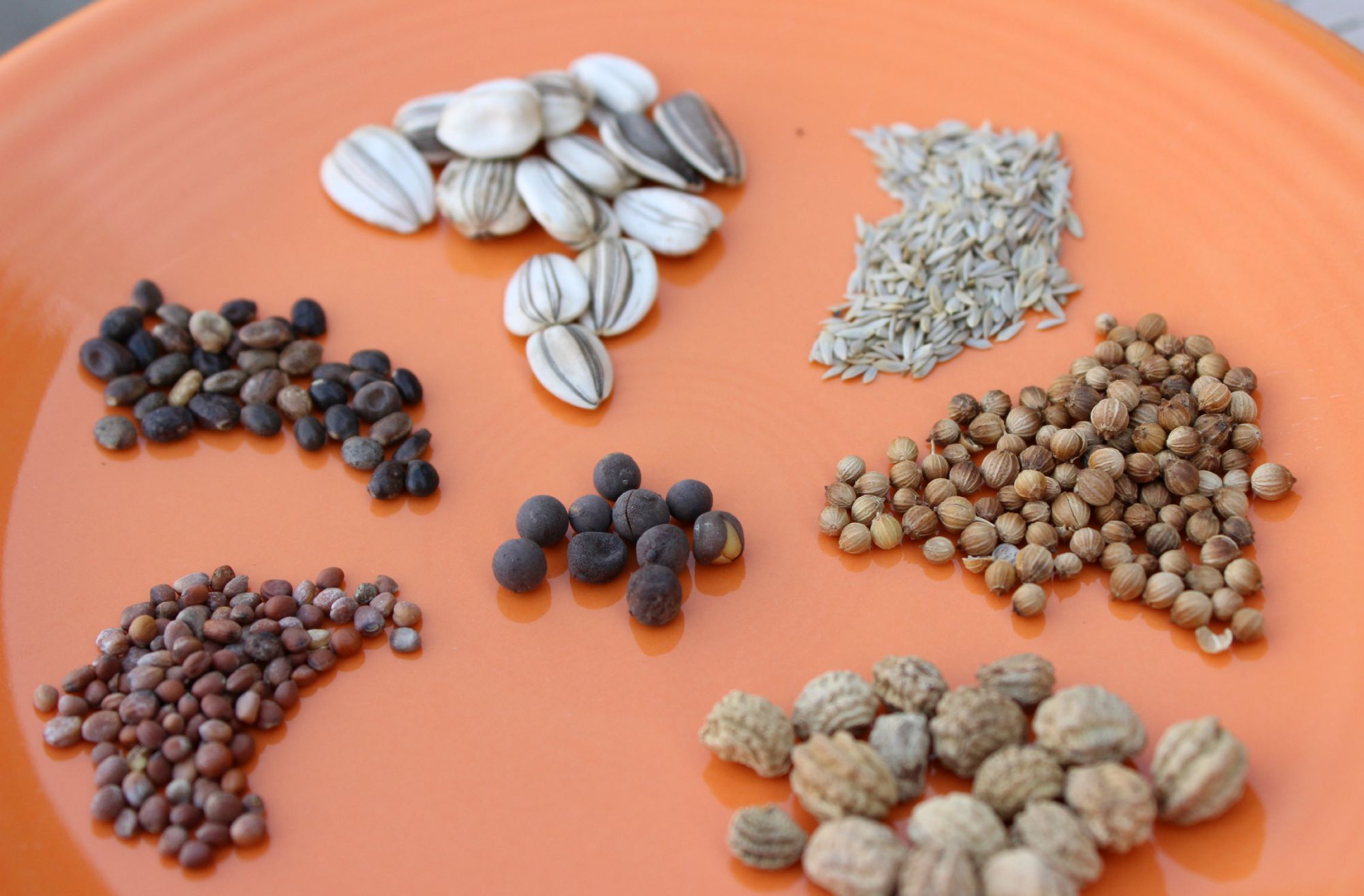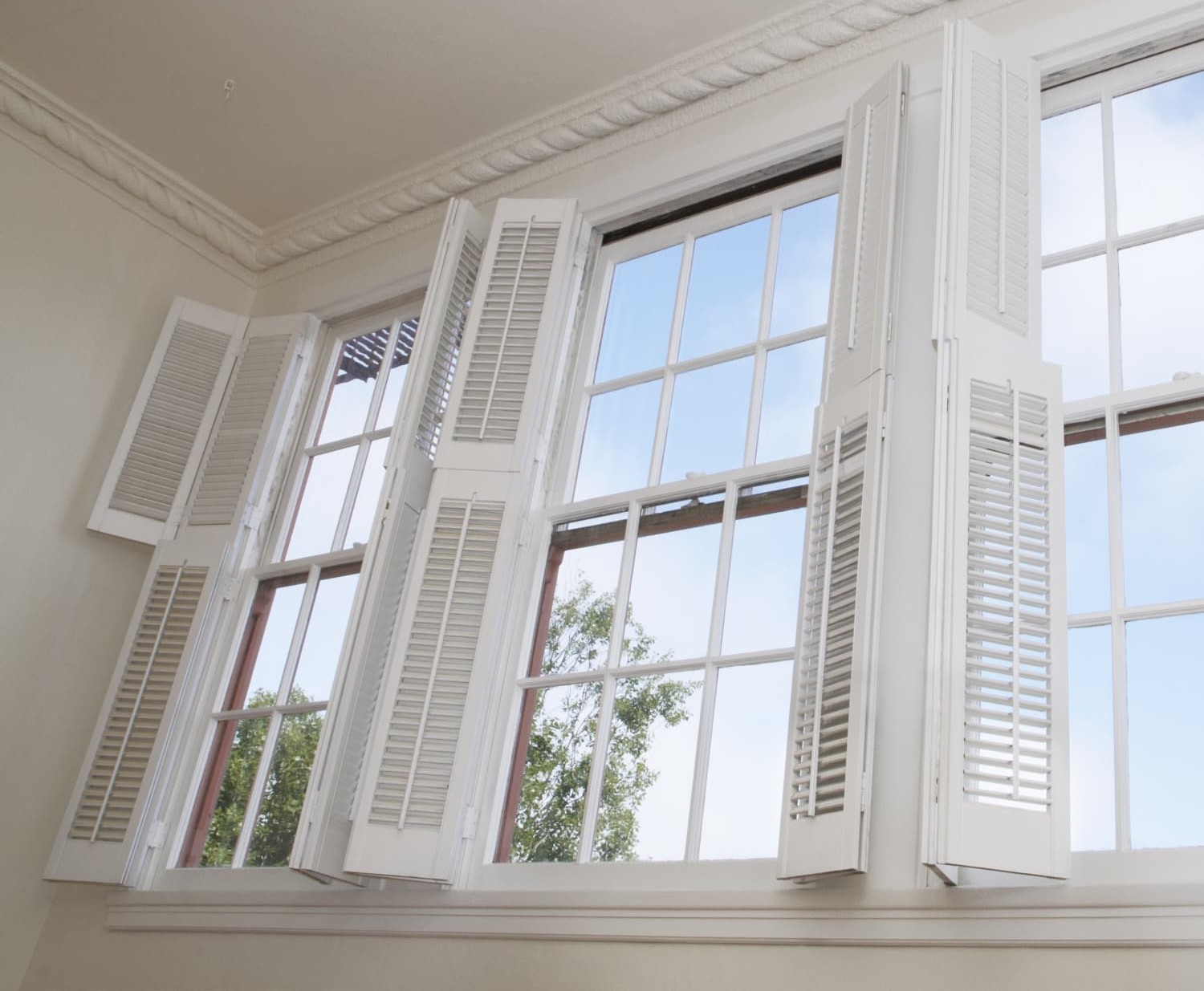

Articles
How Much Do Plantation Blinds Cost
Modified: January 18, 2024
Looking for articles on how much plantation blinds cost? Find all the information you need here, including average prices and factors that can affect the cost.
(Many of the links in this article redirect to a specific reviewed product. Your purchase of these products through affiliate links helps to generate commission for Storables.com, at no extra cost. Learn more)
Introduction
Plantation blinds, also known as plantation shutters or California shutters, are a popular choice for homeowners looking to enhance both the aesthetics and functionality of their windows. These versatile window coverings are both stylish and practical, offering a timeless and classic look that complements any interior design. However, before investing in plantation blinds, it’s important to understand the various factors that can affect their costs.
When considering plantation blinds, there are several important factors to take into account, including the size and style of your windows, the material used for the blinds, and any additional customization or installation requirements. By understanding these factors and their impact on pricing, you can make an informed decision and find plantation blinds that fit within your budget.
In this article, we will explore the factors that can affect plantation blind costs, the different material options available, average pricing, additional costs to consider, and important factors to contemplate before making a purchase. By the end, you will have a comprehensive understanding of plantation blind costs and be better prepared to choose the right blinds for your home.
Key Takeaways:
- When considering plantation blinds, factors such as window size, material choice, customization, and installation can impact costs. Understanding these factors helps in making an informed decision and finding blinds that fit within your budget.
- Wood, faux wood, vinyl, and aluminum are material options for plantation blinds, each with unique benefits and price points. Consider factors such as aesthetics, functionality, and maintenance to choose the right material for your home.
Read more: What Are Plantation Blinds
Factors Affecting Plantation Blind Costs
Several factors can influence the cost of plantation blinds. By understanding these factors, you can better estimate the overall expense and make informed decisions when purchasing plantation blinds.
Window Size
The size of your windows plays a significant role in determining the cost of plantation blinds. Larger windows require more materials, and therefore, the blinds for these windows will be more expensive than those for smaller windows. It’s important to accurately measure your windows to ensure you get the correct size of blinds and estimate the cost accordingly.
Material
Plantation blinds are available in various materials, each with its own aesthetic appeal and price range. The most common materials used for plantation blinds include wood, faux wood, vinyl, and aluminum. Wood is typically the most expensive option, as it offers a luxurious and natural look. Faux wood and vinyl blinds are more affordable alternatives that replicate the appearance of real wood. Aluminum blinds are the least expensive option but may not offer the same level of elegance and durability.
Customization
If you want to add custom features to your plantation blinds, such as unique colors, finishes, or decorative hardware, it will increase the overall cost. Customizable options allow you to match the blinds to your existing decor, but they come with an additional expense. Keep in mind that the more intricate the customization, the higher the cost will be.
Read more: How Much Do Wooden Blinds Cost
Installation
The installation process for plantation blinds can vary depending on the complexity of your window frames and the number of blinds to be installed. If you choose to hire a professional for installation, there will be an additional cost involved. However, if you have basic handyman skills, you might be able to install the blinds yourself, saving on installation fees.
Brand and Quality
The brand and overall quality of the plantation blinds will also impact the cost. Well-known brands with a reputation for superior craftsmanship and durability may have higher price tags. However, investing in blinds of higher quality can ensure they last longer and withstand daily use, making them a worthwhile investment in the long run.
By considering these various factors, you can determine a budget for your plantation blinds and select options that best suit your needs and preferences.
Material Options for Plantation Blinds
When it comes to choosing the material for your plantation blinds, you have several options available, each with its own advantages and price points. Understanding the different materials can help you make an informed decision based on your budget and desired aesthetic.
Wood
Wood is a popular choice for plantation blinds due to its natural beauty and classic appeal. Wooden blinds are known for their durability and long-lasting quality. However, they tend to be on the higher end of the price spectrum. The cost of wood plantation blinds can vary depending on the type of wood used, with premium woods like oak and mahogany being more expensive than other varieties. Wooden blinds are also available in different finishes and stains, allowing you to customize them to your desired look.
Read more: How Much Do Budget Blinds Cost
Faux Wood
Faux wood blinds are a more affordable alternative to real wood blinds. Made from composite materials or PVC, these blinds mimic the look and texture of real wood. Faux wood blinds are known for their resistance to moisture and humidity, making them a great choice for areas prone to high humidity, such as bathrooms or kitchens. They are also easier to clean and maintain compared to real wood blinds. Faux wood blinds are available in a wide range of finishes, colors, and patterns, providing versatility in matching your interior decor.
Vinyl
Vinyl plantation blinds are the most cost-effective option among the different material choices. They are lightweight, easy to clean, and resistant to moisture and heat. Vinyl blinds are an ideal choice for rooms with high humidity, such as bathrooms and kitchens. While they may not offer the same level of elegance and natural beauty as wood or faux wood blinds, vinyl blinds come in a variety of colors and textures, allowing you to find a style that complements your home.
Aluminum
Aluminum plantation blinds are durable, lightweight, and affordable. They are an excellent option for those seeking a more modern and sleek look. Aluminum blinds are resistant to moisture and easy to clean, making them suitable for bathrooms and kitchens. However, they may not provide the same level of insulation as other materials, so they might not be the best choice in terms of energy efficiency.
Ultimately, the choice of material for your plantation blinds will depend on your budget, desired aesthetics, and functional requirements. Each material offers its own unique benefits and considerations, so be sure to weigh the factors that are most important to you when making your decision.
Average Cost of Plantation Blinds
The cost of plantation blinds can vary depending on several factors such as material, customization, and size. To give you a general idea of the average cost, here is a breakdown of the typical price range for plantation blinds.
Read more: How To Install Plantation Blinds
Wood Blinds
Wooden plantation blinds are often considered a premium option and can range in price from $200 to $500 per window. The cost may increase based on the type of wood used and any additional customization.
Faux Wood Blinds
Faux wood plantation blinds are a more budget-friendly alternative to real wood blinds. The average cost ranges from $150 to $300 per window, making them a popular choice for homeowners seeking a balance between affordability and aesthetics.
Vinyl Blinds
Vinyl plantation blinds are the most affordable option, with prices ranging from $100 to $200 per window. They are an excellent choice for those on a tighter budget or for areas with high moisture content.
Aluminum Blinds
Aluminum plantation blinds are also a cost-effective option, with prices ranging from $80 to $150 per window. They are ideal for contemporary and modern interiors and provide a sleek and minimalistic look.
It’s important to note that these price ranges are rough estimates and can vary based on factors such as the size of the window, quality of the materials, customization options, and additional features like motorization or specialty shapes. The cost can also be influenced by regional pricing differences and the specific retailer or manufacturer.
When considering the cost of plantation blinds, it’s essential to factor in the long-term value they offer. High-quality blinds made from durable materials may come with a higher price tag but can last for many years, providing a good return on investment.
Lastly, it’s always a good idea to obtain multiple quotes and compare prices from different suppliers to ensure you are getting a fair price for the quality and features you desire.
Read more: How Much Do Blinds Cost At Home Depot
Additional Costs to Consider
When budgeting for plantation blinds, it’s important to consider not only the cost of the blinds themselves but also any additional expenses that may arise during the purchasing and installation process. Here are some additional costs to consider:
Measurements and Consultations
Before purchasing plantation blinds, it’s essential to have accurate measurements of your windows to ensure a proper fit. In some cases, you may want to consult with a professional to ensure you are selecting the right size and style for your windows. While some retailers offer free measurement services, others may charge a fee for this service.
Shipping or Delivery Fees
If you choose to purchase your plantation blinds online or from a retailer outside of your local area, you may incur shipping or delivery fees. These costs can vary depending on the size and weight of the blinds and the shipping method chosen.
Read more: How Much Do Wooden Blinds Cost
Installation
While some homeowners may choose to install plantation blinds themselves, others may prefer to hire a professional for proper installation. The cost of professional installation can vary based on factors such as the number of windows, the complexity of the installation, and any additional customization or accessories.
Read also: 11 Incredible Plantation Blinds for 2024
Customization and Upgrades
If you are interested in customizing your plantation blinds with unique finishes, colors, or hardware, there may be an additional cost associated with these customizations. Upgrades such as motorization or remote control operation may also come at an extra expense.
Maintenance and Repairs
Although not an upfront cost, it’s important to consider ongoing maintenance and potential repair costs for your plantation blinds. Whether it’s regular cleaning, replacing damaged slats or hardware, or addressing any issues that may arise over time, these factors should be accounted for in your overall budget.
By considering these additional costs, you can ensure that your budget for plantation blinds is comprehensive and realistic. It’s important to factor in these expenses to avoid any surprises and ensure that you can enjoy your blinds without any financial constraints.
Factors to Consider Before Buying Plantation Blinds
Before making a decision on purchasing plantation blinds, there are several important factors to consider. Taking these factors into account will ensure that you make the right choice for your home and lifestyle. Here are some key factors to keep in mind:
Style and Aesthetics
Consider the overall style and aesthetic of your home. Plantation blinds offer a timeless and elegant look that works well with various interior design styles. However, it’s important to choose a style and material that complements the existing decor of your home. Take into account factors such as color, finish, and slat size to ensure a cohesive and harmonious look.
Read more: How Much Does Vertical Blinds Cost
Light Control and Privacy
Think about your desired level of light control and privacy. Plantation blinds provide excellent light management, allowing you to adjust the slats to filter or block out sunlight. Consider the direction of your windows and the amount of natural light you want in each room. If privacy is a concern, choose blinds with smaller slat sizes or consider adding a privacy liner.
Functionality and Durability
Evaluate the functionality and durability of the blinds. Consider the material options available and choose one that suits your lifestyle. Wood blinds offer a classic and natural look but may require more maintenance, while faux wood or vinyl blinds are more resistant to moisture and easier to clean. Consider the warranty and reputation of the manufacturer to ensure long-lasting durability.
Energy Efficiency
If energy efficiency is a priority, look for plantation blinds with good insulation properties. Certain materials like wood provide better insulation, helping to regulate the temperature in your home and potentially reducing energy costs. Keep in mind that blinds with larger slat sizes may allow more heat transfer, so consider this when choosing the size of the slats.
Budget and Cost
Establish a budget for your plantation blinds and consider the cost of the blinds themselves, as well as any additional expenses like customization or installation. Evaluate the value that the blinds will bring to your home and determine the level of investment you’re comfortable with. Remember that higher-quality blinds may come with a higher initial cost but can offer better durability and longevity.
Read more: How Much Does Motorized Blinds Cost
Maintenance and Cleaning
Consider the maintenance and cleaning requirements of the blinds. Some materials are easier to clean and maintain than others. Dusting or vacuuming the blinds regularly will help keep them in good condition. If you opt for wood blinds, keep in mind that they may require occasional polishing or refinishing to maintain their appearance.
By carefully considering these factors, you can make an informed decision when purchasing plantation blinds. Taking the time to evaluate your needs and preferences will ensure that you find blinds that not only enhance the aesthetic of your home but also provide functionality and durability for years to come.
Conclusion
Plantation blinds are a versatile and stylish window covering option that can enhance the aesthetics and functionality of any home. However, before purchasing plantation blinds, it’s important to consider various factors that can affect their cost and suitability for your needs.
Factors such as window size, material choice, customization options, installation, and brand quality can all impact the overall cost of plantation blinds. By understanding these factors, you can determine a budget and select blinds that align with your preferences and financial constraints.
Additionally, it’s crucial to consider the different material options available for plantation blinds. Wood blinds offer a luxurious and timeless appeal, while faux wood and vinyl blinds provide more affordable alternatives with added durability and resistance to moisture. Aluminum blinds offer a modern and sleek look, ideal for contemporary interiors.
There are also additional costs to be mindful of when purchasing plantation blinds, such as measurements and consultations, shipping or delivery fees, installation costs, customization and upgrades, and ongoing maintenance and repairs.
Before making a final decision, it’s essential to consider factors such as the style and aesthetics of your home, desired light control and privacy, functionality and durability, energy efficiency, budget, and maintenance and cleaning requirements.
By carefully considering these factors, you can make an informed decision when purchasing plantation blinds that not only enhance the appearance of your windows but also meet your practical needs and budget. Whether you choose wood, faux wood, vinyl, or aluminum, plantation blinds can provide a timeless and elegant look while offering light control, privacy, and insulation for your home.
Ultimately, investing in plantation blinds is a decision that can enhance the overall ambiance and functionality of your living space. By considering the factors discussed in this article, you can choose the perfect plantation blinds that will bring both beauty and practicality to your home for years to come.
Frequently Asked Questions about How Much Do Plantation Blinds Cost
Was this page helpful?
At Storables.com, we guarantee accurate and reliable information. Our content, validated by Expert Board Contributors, is crafted following stringent Editorial Policies. We're committed to providing you with well-researched, expert-backed insights for all your informational needs.
